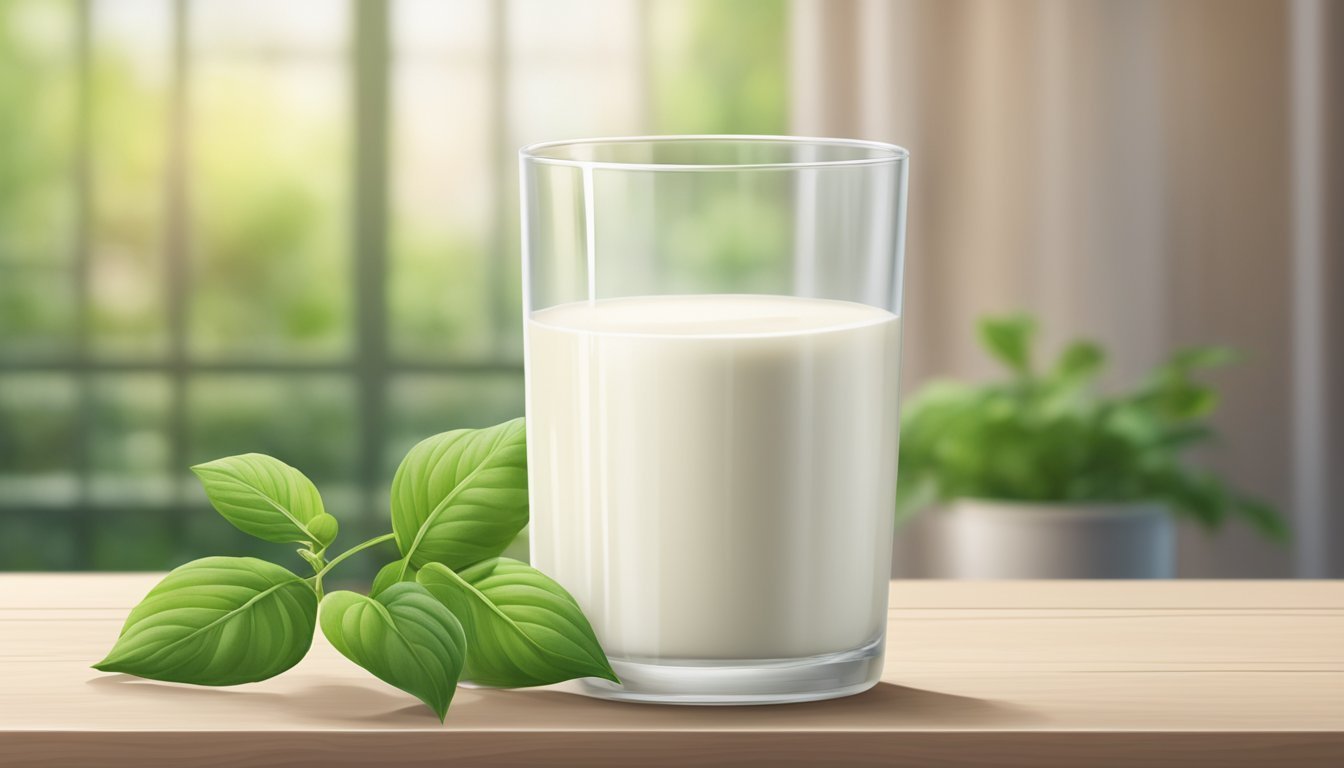A recent study from the University of Copenhagen has revealed concerning deficiencies in protein content and essential amino acids in various plant-based beverages when compared to traditional cow’s milk.
Researchers found that the extensive processing these drinks undergo often leads to a reduction in protein quality while sometimes producing substances that may raise health concerns.
Declining Nutritional Value
In the last decade, the popularity of alternatives like oat, almond, soy, and rice milk has soared, driven in part by their perceived lower environmental impact compared to dairy products.
However, this research suggests that consumers might be mistaken in thinking these plant-based options are automatically healthier choices.
Collaborating with the University of Brescia in Italy, the researchers looked at how processing affects the nutritional value of ten different plant-based drinks, assessing them against the nutritional standards of cow’s milk.
The results are quite telling: While the push for plant-based food consumption is encouraged, the researchers warn that these drinks cannot reliably replace cow’s milk in terms of nutrition.
Processing and its Implications
Plant-based drinks, unlike cow’s milk, need considerable processing to become consumable.
For example, drinks made from oats, rice, or almonds generally undergo Ultra High Temperature (UHT) treatment, a process designed to extend shelf life.
In Denmark, cow’s milk is typically low-pasteurized and kept refrigerated, contrasting sharply with the more severe heat treatment inflicted on plant beverages.
This UHT process triggers a chemical reaction known as the “Maillard reaction,” which occurs when proteins and sugars are subjected to high heat.
It drastically alters the nutritional makeup of the proteins within these drinks.
The lead researcher noted that even though plant-based options typically sport less protein than cow’s milk, the protein they do contain deteriorates further due to processing, leading to a significant loss of essential amino acids vital for human health.
The study highlights a stark comparison: while UHT-treated cow’s milk contains about 3.4 grams of protein per liter, eight out of the ten plant-based beverages analyzed contained only between 0.4 and 1.1 grams.
Furthermore, all the plant-based drinks tested showed lower levels of essential amino acids, and seven out of ten had higher sugar levels than cow’s milk.
Health Concerns and Recommendations
Beyond nutritional degradation, the heat treatment can also lead to the formation of potentially harmful compounds.
For example, acrylamide, a chemical associated with cancer, was found in some oat and almond drinks.
Although the amounts detected were not immediately harmful, the researchers cautioned that prolonged exposure from various sources could present health risks.
Additionally, the presence of α-dicarbonyl compounds and hydroxymethylfurfural (HMF) was noted in some drinks.
While the concentrations were low, these compounds could pose health risks if consumed in larger amounts.
A nutrition expert involved in the study emphasized that there’s a significant gap in public understanding of the byproducts created during food processing.
Typically, the compounds generated through the Maillard reaction are seen as undesirable because they could potentially trigger inflammation and contribute to chronic illnesses like diabetes and heart disease.
Researchers argue that the food industry should be more vigilant about these impacts while developing plant-based and processed foods.
Crucially, this study sheds light on the risks linked to ultra-processed foods.
Simply transforming plant ingredients into beverages doesn’t ensure they’re healthy, as these drinks often lack substantial nutritional benefits, even if they aren’t outright harmful.
To make better choices, consumers are encouraged to focus on minimally processed foods and, when possible, prepare meals from scratch.
Incorporating plant-based drinks into a balanced diet is acceptable, so long as individuals also seek essential nutrients from a variety of other food sources.
The research team hopes that manufacturers will rethink their processing techniques and formulations.
Currently, while producers provide general nutritional information, they frequently neglect to mention specifics about essential amino acid content.
Advocates for clearer consumer information suggest requiring detailed labeling of essential amino acids to better inform shoppers about the protein quality of these beverages.
On a positive note, some good practices were observed, such as the refrigeration of plant-based drinks in supermarkets, which can help lessen the formation of harmful Maillard reaction products.
Consumers are advised to follow this example, storing their purchases in the refrigerator rather than in a pantry to preserve their quality.
Source: ScienceDaily

